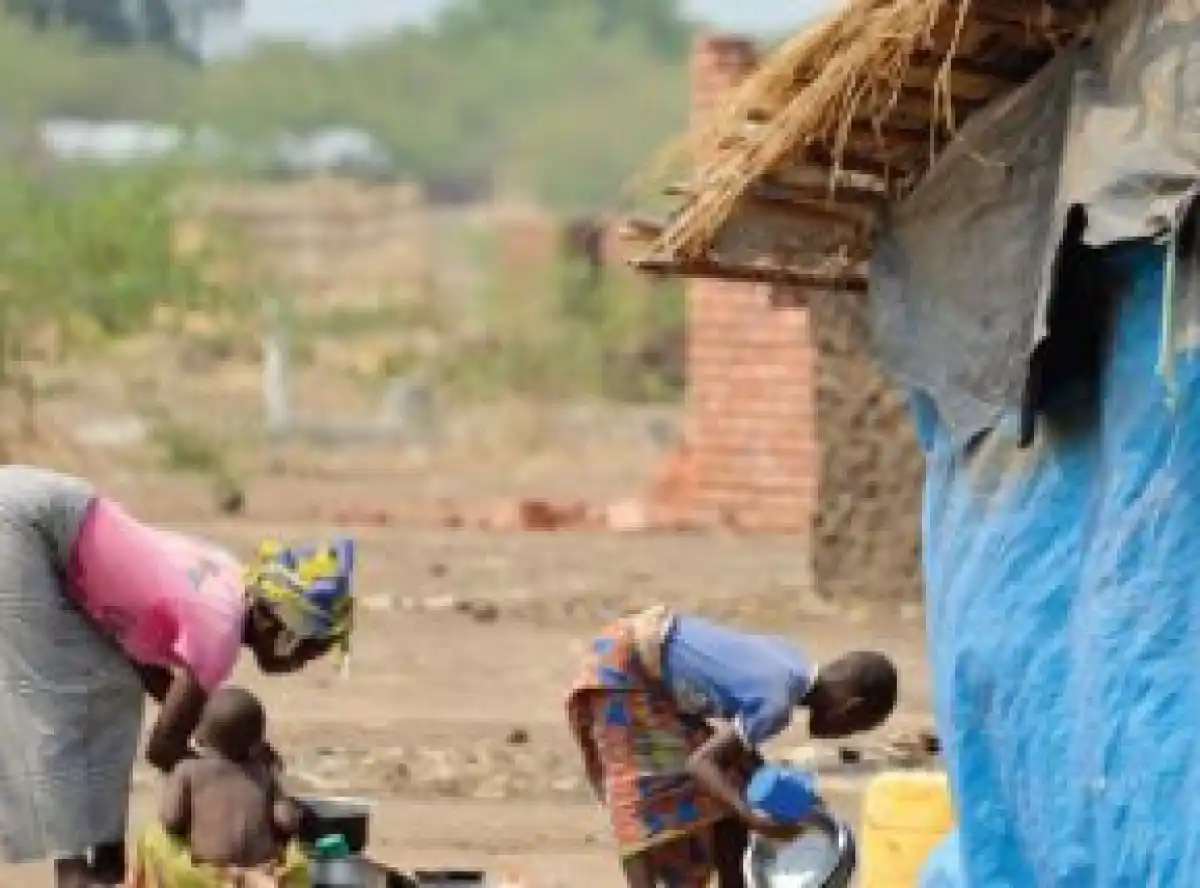
Health, economic and governance commentators have painted a multifaceted picture of Malawi’s progress at 60 arguing that, among others, Malawians are poorer now than they were in 1964.
Economist Gilbert Kachamba said the country remains stagnant in terms of development.
He said: “Our reliance on raw agriculture, coupled with loans that yield little benefit, hinders true progress. The shrinking job market exacerbates the situation, leaving our youth marginalised and uncertain about their future.”

Kachamba added that the economy faces structural challenges and implementation weaknesses and suggests a comprehensive strategy which should include investing in infrastructure, improving human capital, and creating a business-friendly environment, if the country is to move forward.
Centre for Social Accountability Transparency executive director Willy Kambwandira observed that the country is grappling with despondency, corruption, and abject poverty.
According to Kambwandira, despite the country’s potential, economic distress persists and millions of young citizens remain unemployed, struggling to cope with rising food prices and basic livelihood challenges.
He said: ”This day should provide us an opportunity to reflect on the achievements, gains and challenges that have come with independence. Malawi remains a country of great potential if we can decisively deal with corruption and mismanagement of public resources.”
On his part, health expert Maziko Matemba said there are some positives in the health sector which include training of health personnel, establishment of medical colleges, and some health infrastructure development.
He said: “However, foreign financing dominates, and colonial-era structures still prevail. Accessibility to healthcare services remains an issue, with people travelling long distances for medical care. The health worker-to-patient ratio also needs improvement.”
Malawi Health Equity Network (Mhen) executive director George Jobe also acknowledged some progress in the sector, saying the health budget has increased, and innovations like “chipatala cha pa foni” (health centre by phone) and the expanded vaccine coverage are commendable.
However, he observed that availability of essential services remains a challenge.
He said: “Population boom is a challenge with lots of teen pregnancies which are eating into the heath budget.”







0 Comments